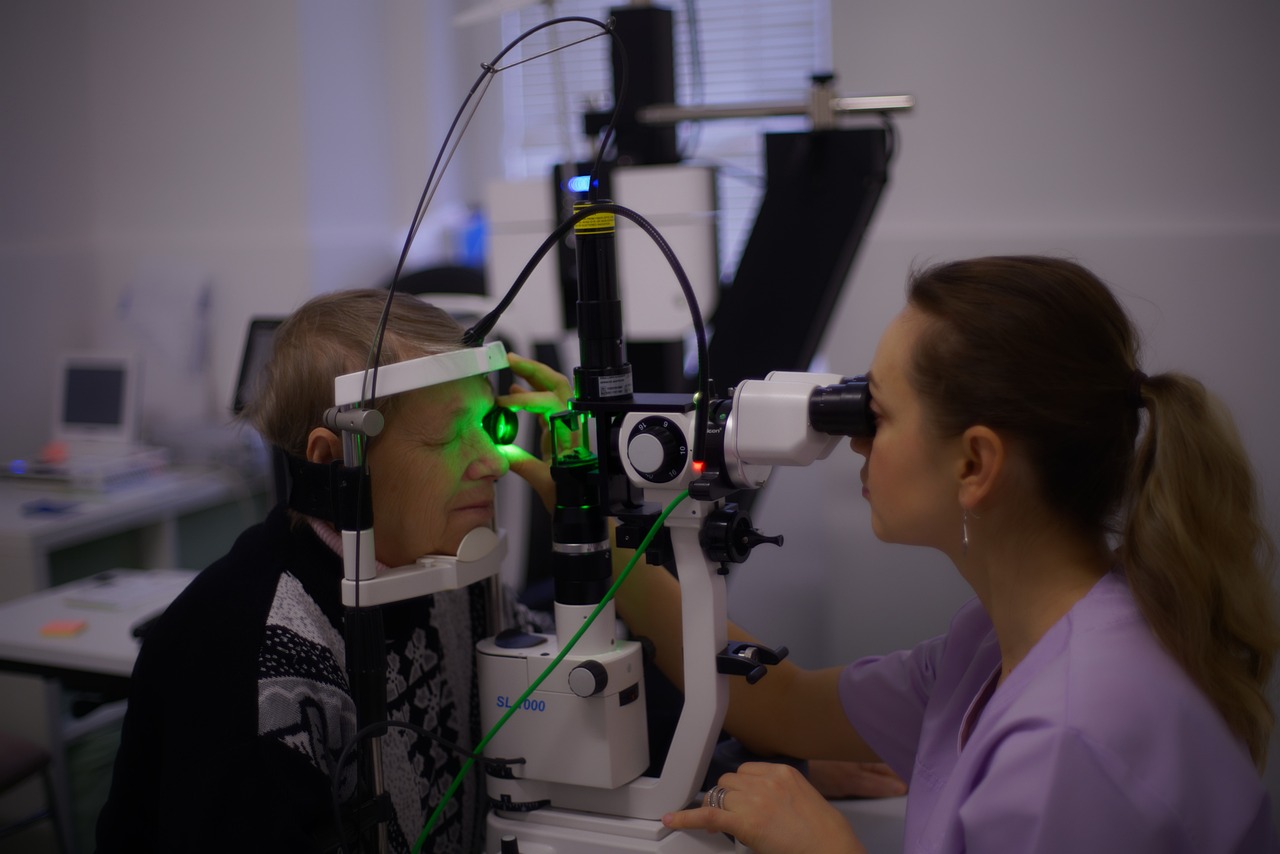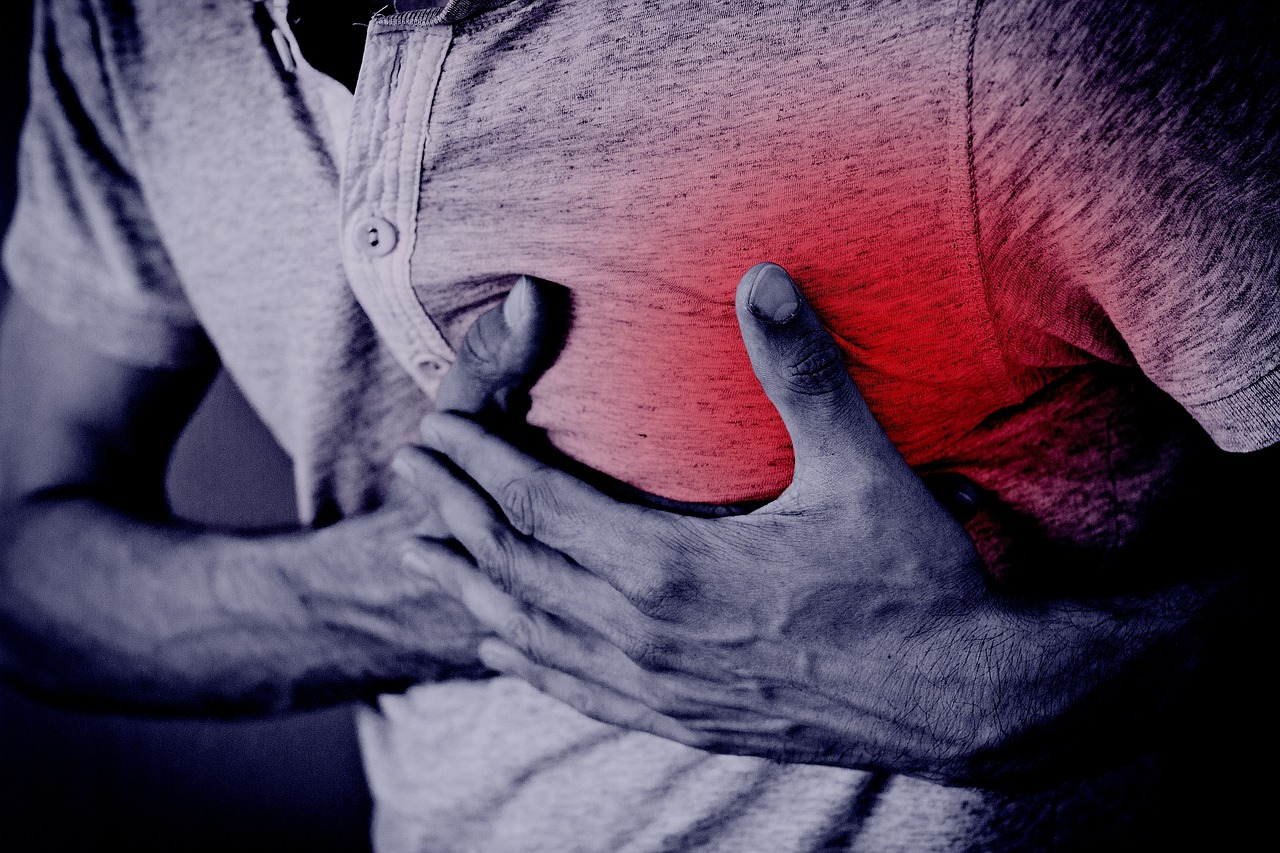There are such claims on the Internet that people with poorer sleep quality have an elevated risk of developing kidney stones, and that poor sleep may harm the kidneys …… Is there really such a claim? How harmful is poor sleep? How can we reduce the health risks associated with poor sleep? And how should we improve sleep to maintain the health of the whole body?
1、Long-term sleep bad body will happen these changes
First of all, there is no very direct relationship between poor sleep and kidney stones, and there is no factor of poor sleep among the causes of kidney stones. If you have kidney stones, it will affect the sleep problem, such as kidney stones will often have abdominal pain, which will affect the sleep, sleep difficulty or sleep in the repeated awakening.
However, the impact of poor sleep on the kidneys is more serious, the kidneys themselves have the function of endocrine, and at the same time have the function of urination, if the sleep is not good will cause the kidneys themselves endocrine dysfunction, prone to high blood pressure, urinary output abnormalities, the phenomenon of increased nocturia.
Long-term insufficient sleep or poor sleep quality, the body will also undergo the following changes:
(1) Endocrine disruption
There are many important hormones will be secreted during sleep, such as thyroid hormones, sex hormones, melatonin. In addition, not enough sleep will cause the body’s stress response, so that the body’s sympathetic nerves are overexcited and more cortisol hormones are secreted, which can easily lead to impaired glucose regulation, increased blood glucose, and increased risk of developing diabetes.
(2) Damage to the brain
Stress-induced high cortisol release levels are associated with reduced hippocampal volume. Inadequate sleep can lead to impaired cognitive functioning in the body, and sleep disorders can cause problems such as forgetfulness, trance, and difficulty concentrating.
(3) Cardiovascular injury
Some studies have shown that 6 hours to 9 hours for the “appropriate sleep zone”, the length of sleep is not within this zone, excluding risk factors, sleep deprivation or sleep too much will increase the risk of heart disease.
(4) Lower immunity
Wounds generally heal during sleep, and redness, swelling, inflammation, etc. also fade during sleep, rarely during the day. Lack of sleep reduces the phagocytosis ability of white blood cells, the immune system cannot work, and the body is unable to fight against bacteria, viruses, cancer cells, etc., leading to diseases taking advantage of the situation.
(5) Hindering the body’s metabolism
In the sleep state, phagocytes will actively phagocytose necrotic tissues, carry out metabolism, and discharge necrotic tissues, toxins, and metabolic products out of the body, so that the joints and muscles that are sore during the day can rest.
(6) Inducing mental illness
Sleeping too short or too long can easily lead to anxiety, depression, etc. In the long run, it may also induce mental illnesses, and it can also lead to hair loss (baldness) due to excessive stress. When there are several manifestations of the following, it means that the body is reminding you that you need to sleep well: always feel hungry, weight gain, impulsive, memory loss, work ability deterioration, motor skills decline, often sick, can not see clearly, skin deterioration, daytime napping.
2、Sleep bad exercise can offset part of the harm
Lack of sleep, not enough exercise, is a threat to cardiovascular health and the body’s metabolism is an important factor, but also greatly pull up the risk of cancer.
A study published in the British Medical Journal, a sub-issue of Sports Medicine, proposed a new remedy: exercise offset method – those who sleep poorer quality, if you can maintain a certain amount of exercise, you can offset some of the adverse effects of poor sleep.
The results found that those who did not exercise + poor sleep had a 57% higher risk of all-cause mortality, a 67% higher risk of death from cardiovascular disease, and a 45% higher risk of death from cancer (including a 91% higher risk of death from lung cancer), compared to those who had high levels of exercise + high sleep quality.
In contrast, those who slept poorly but were able to maintain high levels of exercise had little to no increased risk of dying from cancer due to poor sleep.
3、Two kinds of movement to help sleep good effect
Appropriate sports can make people sleep better, especially competitive sports and aerobic sports.
These sports will make people feel tired, and can make the nerve excitation and inhibition process alternately, thus helping to sleep.
Research published in the journal Clinical Sleep Medicine also shows that more aerobic exercise can help reduce insomnia problems, and it is recommended that sleep improvement through exercise be maintained for 16 weeks.
Aerobic exercise: Low-intensity exercise that can be performed for a long period of time, such as brisk walking, jogging, long-distance slow swimming, slow cycling, aerobics and so on.
Competitive sports: tennis, basketball, soccer and other ball games are mostly competitive sports. You can choose a sport that suits you according to your interest:
(1) Young adults can choose soccer, basketball, volleyball and other physical exertion of competitive ball games; moderate intensity sports such as swimming, ballroom dancing; high-intensity sports such as running, weighted hiking, aerobics, fast cycling and so on.
(2) Elderly people can play tai chi, do radio gymnastics, etc.; medium to high-intensity sports include walking, dancing, swimming, cycling, golf, etc.
(3) Children’s medium-intensity exercise includes roller skating and cycling; high-intensity exercise includes jumping rope, various kinds of ball games, swimming, martial arts and so on. Children can participate more in swimming, mountain climbing, etc. These sports can focus one’s attention, accelerate nerve conversion, and make it easy to fall asleep after exercise. There are different ways to measure the intensity of exercise. Endurance sports such as fast walking and running generally use the target target heart rate as a measure of intensity: based on the maximum heart rate (220 minus age), the range of target heart rate for medium- and high-intensity aerobic exercise is 60%-80% of the maximum heart rate. When building cardiorespiratory endurance, high-intensity exercise should last at least 20 minutes and be performed 3 days-5 days per week. Don’t do too much intense activity before bedtime to avoid causing overexcitement and interfering with sleep.
4、How else can I improve my sleep besides exercising?
It is difficult to fall asleep at night, wake up early in the morning, easy to wake up in the middle of the night, poor quality of sleep …… deal with the common poor sleep, in addition to more exercise, you can also try the following methods to improve.
(1) Difficulty falling asleep at night It is hard to fall asleep and stay awake half an hour after lying down. Suggestion: Arrange the dinner time at 18:00 ~ 19:00, do not eat too much, so that the stomach as early as possible to complete the task of digestion, the sympathetic nerves to relax. Don’t play computer or cell phone 1 hour before bedtime, and don’t bring your cell phone to bed. Adhering to the same time of getting in and out of bed daily will help develop sleep rhythms. Insomniacs can go to bed around 23:00 and get out of bed around 6:00 am. After insomnia improves for 2 weeks, gradually extend the time in bed. Generally 15 minutes per week. If this does not work, you can slightly delay the sleep time, when you really feel tired and then go to bed, but not more than 12 o’clock. (2) Wake up easily in the middle of the night Sleep, but it is difficult to maintain sleep, wake up more than 5 minutes more than 2 times. Suggestions: don’t drink too much water before going to bed to reduce waking up; avoid substances that affect sleep, such as alcohol, caffeine, and tobacco; if the problem only occurs occasionally, get out of bed and do some relaxing activities, such as reading books and meditating, but don’t play with the computer.
(3) Waking up early in the morning Sleeping normally at night, but waking up at 3 or 4 a.m., with less than 6 hours of sleep. Suggestions: Cultivate good work and rest habits, before going to bed, it is best not to think about things, the bedroom should not be put on the aromatic flowers and plants; close the doors and windows, pull the curtains, to create a quiet, dark sleep environment; before going to bed, you can take a hot bath or hot water foot bath; pillow height, soft and hard, quilt thin and thick appropriate; more sun, which helps to stimulate the secretion of melatonin, improve the quality of sleep at night. 4、Poor sleep quality
Shallow sleep, always groggy during the day, affecting daytime behavior or work.
Suggestion: Control the room temperature at a slightly lower level, such as 16℃-24℃. For people who snore, it is better to sleep on the side or put two or three pillows behind your back.
Note: If none of the above methods are effective when tried, consult a psychosomatic medicine department, sleep center or neurology department in time.



